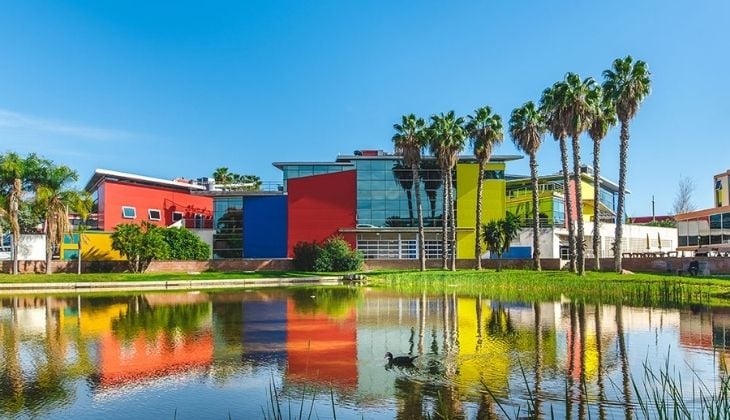Over recent years, the term “learning trip” has become popular within the corporate travel and business tourism sectors. However, and though its name might suggest otherwise, this new type of trip has got nothing to do with traditional incentive trips for businesses. Interested in finding out more about learning trips? Keep reading and we’ll tell you all you need to know.
Learning trips consist principally of sending a company’s employees or collaborators to a destination such that they can see how other businesses work. Here they are placed in economic, technological and human environments to acquire new knowledge, which they can then apply to their own work.
And though, as we said before, this concept differs from incentive trips, some learning trips also include an incentive activity in their programme, offering participants an even more enriching and unforgettable experience to take home with them.

The goals of learning trips
In general terms, a learning trip is used to achieve the following goals:
- Reward employees’ hard work.
- Place participants in different realities.
- Strengthen relationships between team members.
- Inspire and boost the team’s creativity.
- Save time in transformation processes.
- Boost employees’ loyalty.
- Visit factories or production processes to enable employees working in different departments to learn about all the processes involved in creating the company’s product.
Who are learning trips for?
- Experienced sales teams (as a reward).
- Marketing teams.
- Strategy teams.
- R&D teams.
- Human resources teams who want to learn how other companies do things.
- Executive committees seeking inspiration from other organizations.
- Influencers and opinion leaders.
Examples of learning trips:
- Meeting the teams of leading businesses or leading teams in the same company.
- Visiting start-ups and businesses currently in the process of transformation.
- Visiting companies’ pilot projects.
- Visiting local factories or production plants.
- Meeting experts in a particular field.
- Attending events.
- Going to showrooms and workshops.

Source: Parque Tecnológico de Andalucía
Multinationals have spent years implementing this new form of corporate trip. Thanks to the large number of technological and innovative businesses concentrated in the province of Malaga (in particular in Parque Tecnológico de Andalucia), the Costa del Sol has, in recent years, become a key destination for these types of trips. However, to make a learning trip a success, companies need to design a good programme that is well organised (transport, accommodation, etc.) and contains a range of training and enjoyable activities to ensure participants have a good time. Finally, the importance of social media in these types of trips cannot be downplayed, both in terms of internal communication (to employees) and external communication (to potential clients), which boosts the company’s reputation.









